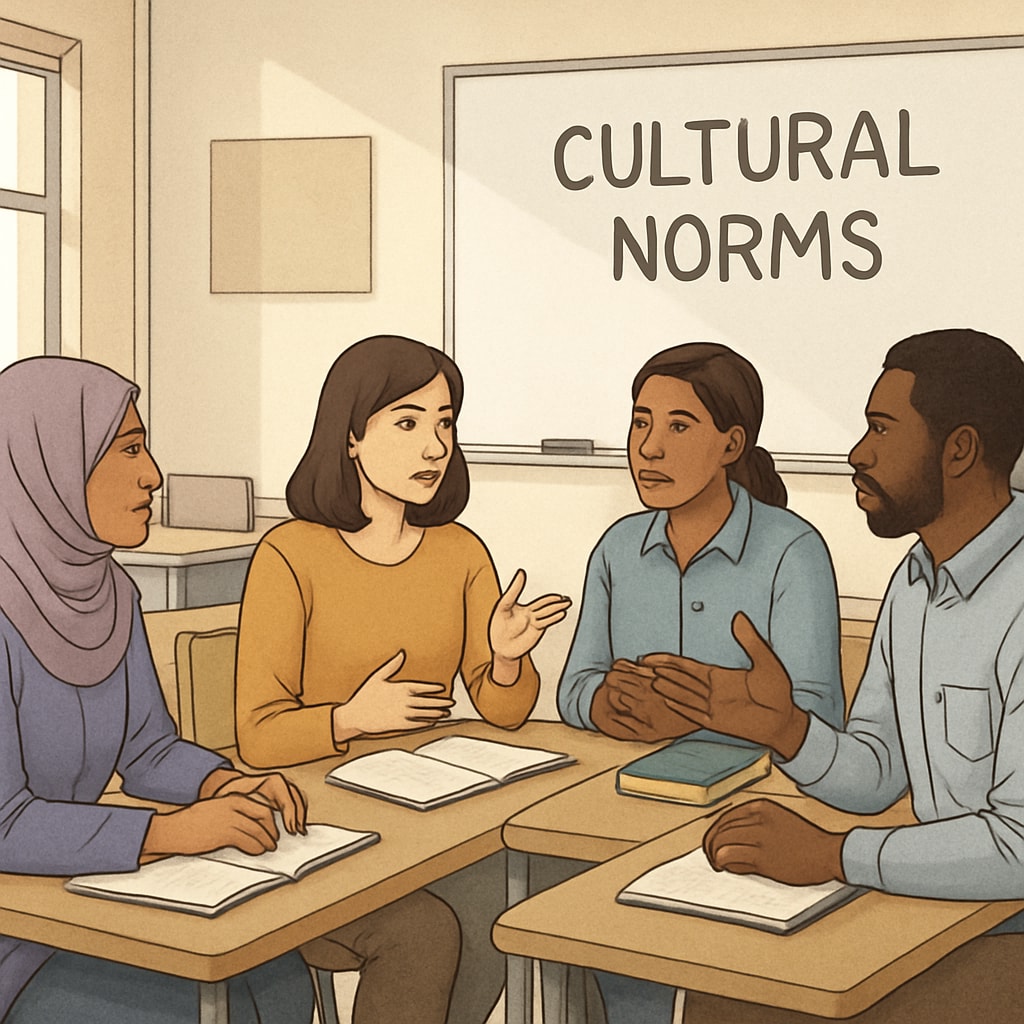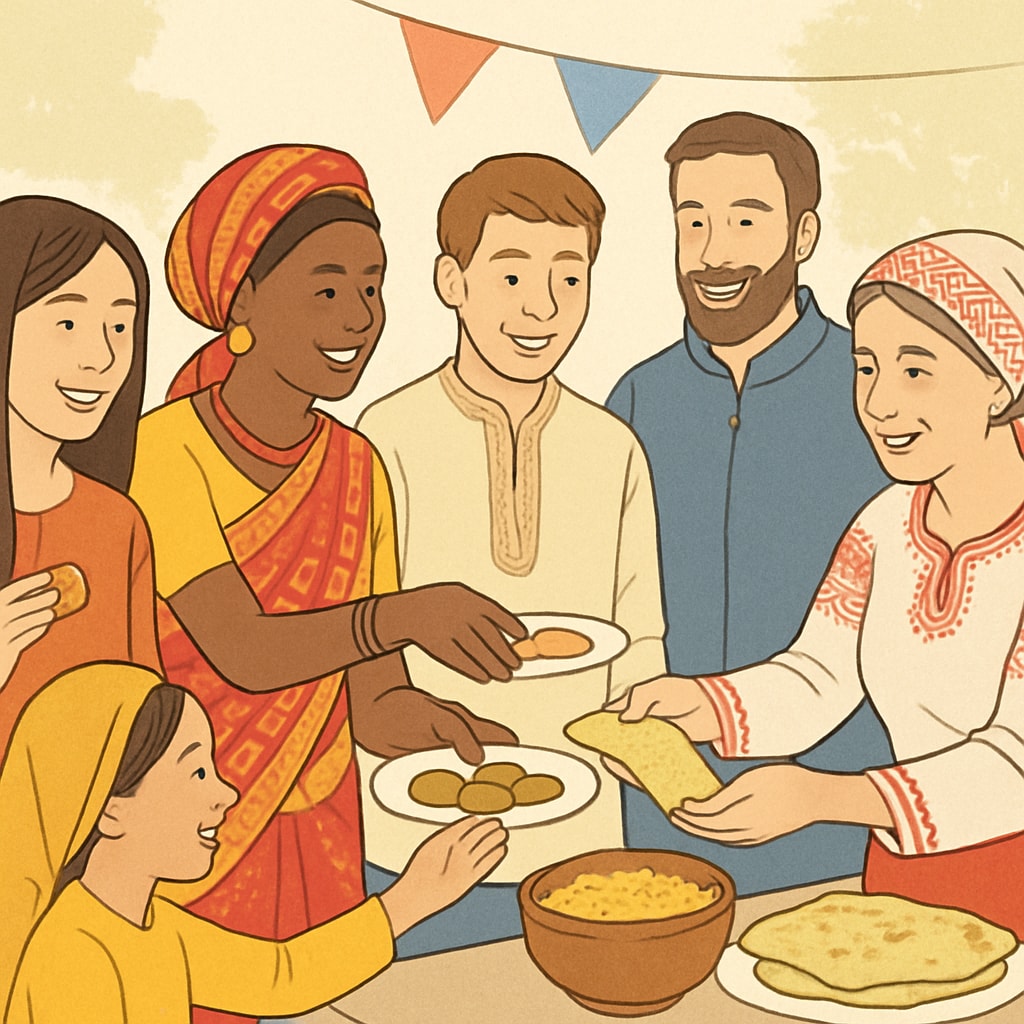International students often face significant hurdles when adapting to Western education systems. Challenges related to adult education, cultural adaptation, and foundational knowledge can make this transition daunting. However, with the right strategies and resources, these students can bridge cultural gaps and thrive in their new environment. This article provides insights into finding suitable adult education courses, leveraging community resources, and building personalized learning plans to foster a smoother cultural transition.
Understanding the Role of Adult Education in Cultural Adaptation
Adult education plays a vital role in helping international students adapt to Western cultural norms. These programs are designed to equip students with both academic skills and cultural competencies. For example, adult education courses often include practical lessons on communication styles, workplace etiquette, and social norms, which are essential for successful integration.
Additionally, adult education programs can focus on foundational knowledge such as language proficiency and technical skills. For many international students, mastering a new language is the first step toward understanding the nuances of Western culture. Programs that offer tailored English as a Second Language (ESL) courses are particularly beneficial.

Finding the Right Adult Education Programs
Choosing the right adult education program is key to addressing the specific needs of international students. Here are some key factors to consider:
- Accreditation: Ensure the program is recognized by relevant educational authorities.
- Flexibility: Look for courses that offer part-time or online options to accommodate work or family commitments.
- Cultural Relevance: Programs that include cultural orientation sessions can be especially helpful.
For example, organizations like International Education programs offer a wide range of classes that cater to diverse learning needs. Similarly, community colleges often provide affordable and accessible options for adult learners.
Leveraging Community Resources for Cultural Integration
Beyond formal education, community support can greatly enhance an international student’s experience. Local libraries, cultural centers, and volunteer organizations often host events and workshops aimed at fostering cultural exchange. These resources provide a safe space for students to practice language skills, learn about local traditions, and build social networks.
For instance, many cities have cultural meetups or language exchange groups where students can interact with locals. Websites like Meetup are excellent platforms for finding such opportunities. By participating in these activities, students can enhance their understanding of Western cultural values while building meaningful connections.

Creating a Personalized Learning Path
Each student’s journey of cultural adaptation is unique. Creating a personalized learning path can help address individual challenges more effectively. Here’s how to approach it:
- Assess Your Needs: Identify areas where you feel less confident, such as language, social norms, or technical skills.
- Set Goals: Define clear, achievable objectives for your education and cultural integration.
- Seek Support: Work with mentors, educators, or counselors to build a customized learning plan.
Using adaptive tools like mobile learning apps or attending workshops tailored to specific cultural competencies can also accelerate progress.
Conclusion
Adapting to a new cultural and educational environment can be challenging, but adult education programs, community resources, and personalized learning paths offer practical solutions. By combining these strategies, international students can build the skills and confidence needed to navigate Western culture successfully. Whether it’s mastering foundational knowledge or engaging with the local community, each step brings them closer to thriving in their new environment.
For more information about adult education and cultural adaptation, explore resources like Education on Britannica.


